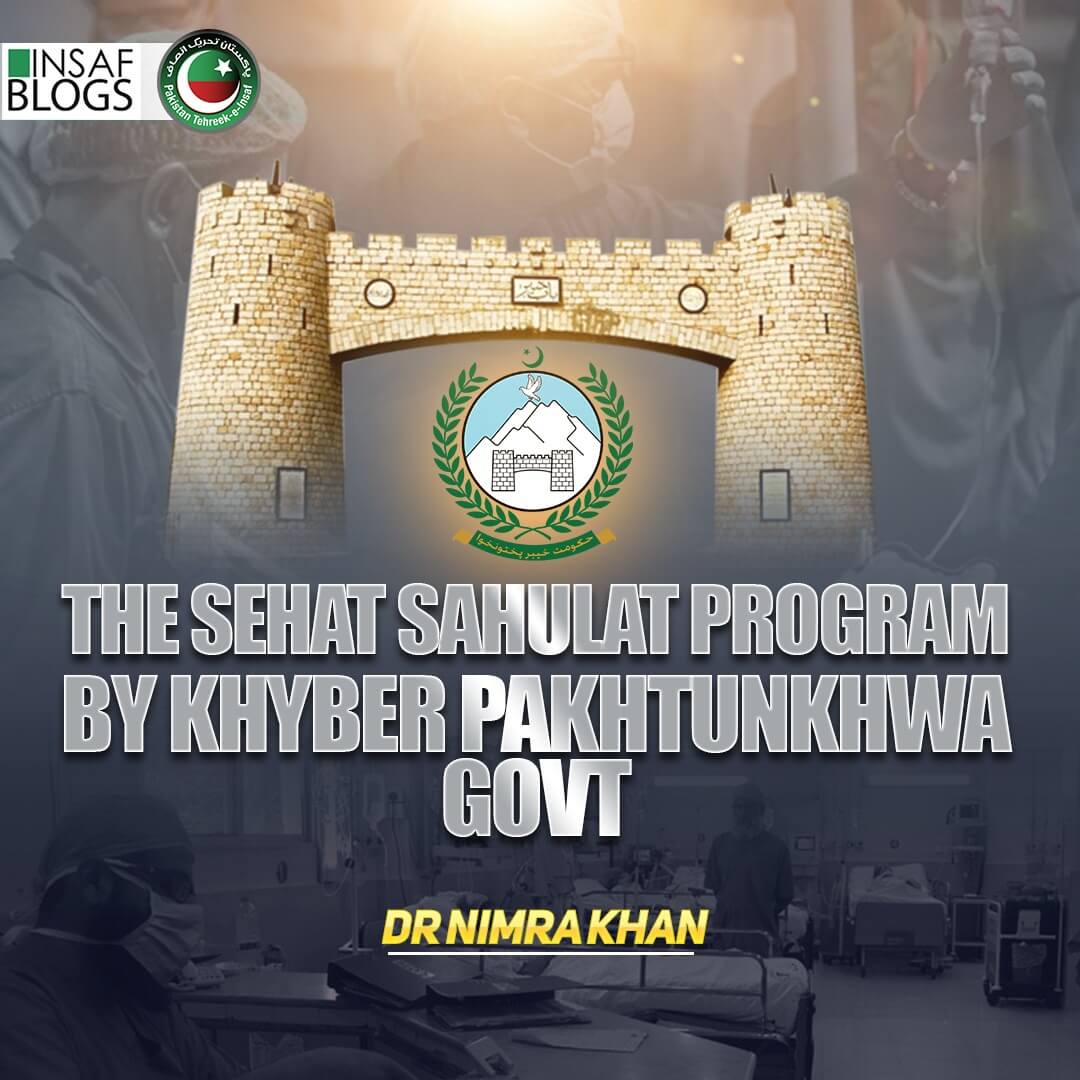
The parlimentary approval to allow elections through electronic voting as well as allowing the overseas Pakistanis to participate in elections has created a clear divide between the government and the opposition. In general, even if the matter of voting of overseas Pakistanis is left aside, protecting voters' privacy and maintaining election transparency and integrity has become the need of the hour in Pakistan.
Elections decide the fate of the nations and directly affect the lives and attitudes of citizens, hence any ballot rigging can have a huge fallout for the country and its citizens.
In a perfect world, yes the voters may prefer the voting experience at the polls, and may believe that their vote will be correctly counted, considering it a most democratic process. But what happens, when the cycle of rigged elections, including bogus votes, intimidating or bribing the voters, or raiding the polling stations to tamper with the ballots is repeated every year? People lose trust in the elections and only a certain percentage of people exercise their right to vote, leaving behind a large silent unhappy majority which refuses to take part in the elections.
Accordingly, due to these ethical concerns, countries like Pakistan are exploring electronic voting machines, to ensure voters can submit their votes, and can reasonably assert the process to be fair.
Opposition also seems to echo their displeasure at the passing of the bill giving more than 4% of overseas Pakistanis the right to vote, living in 115 different countries around the world. Pakistanis living abroad have consistently made major contributions in the past and even now during the pandemic, by remitting a record $29.4 billion back home during 2020-21, hiking up the country's foreign currency reserves during turbulent times. Hence, how democratic would it have been to continuously exclude overseas Pakistanis from the decision making process, as the right to vote is the fundamental right of every individual as per the constitutional and international law.
The question is how may EVM be more efficient?
First off, with Electronic Voting Machines, voters can submit their votes, with the assurance of accountability and by restoring trust of those, who have stayed away from elections and have let others decide for them. It also provides those voters the accessibility who are otherwise geographically isolated from election centers and may not vote, either due to the travel cost or inconvenience, hence bringing up the number of voter participation in elections.
Now, how is electronic voting going to be more efficient in Pakistan where paper ballots have remained insecure and are conveniently manipulated?
EVM has the ability to reduce fraud, by eliminating the possibility of ballot tampering, widely rampant in Pakistani elections. It would also render faster counting and faster election results as opposed to the manual ballot counting or re-counting in some cases. In addition, it would restore people 's trust in elections with a higher participation as human error and tampering would be eliminated.
The proposal and passing of this bill obviously aims at eradicating electoral fraud and to ensure that the process is fair and transparent. It quite clearly would take time to implement the electronic voting system, in terms of pilot projects, test runs, eliminating any chances of tampering , and training of people at all different levels for this to be sustainable.
There couldn't be a better answer than electronic voting in Pakistan.
Let's look at the following stat to see where we stand in Pakistan, in terms of utiluzung the various electronic services in our everyday lives.
In Pakistan, around 180 million people have mobile phones and 50 million have smart phones, and everyone applying for the sim card goes through biometric verification, and so far no one has objected that it has been verified incorrectly.
Also in Pakistan, approximately 50 million people have bank accounts, which means that people use ATMs, use buttons and thumbs to withdraw money, but has anyone objected to its use?
At NADRA, it's through thumb impression, that all the confirmations are done and the cards and certificates are issued electronically without a hoot from anyone.
Isn't the use of internet banking, Jazz Cash, Easy Money transfer, booking travel tickets, etc all done electronically?
Nearly all countries now use digital technology to manage atleast some aspects of an election process, in terms of registering voters , as well as transmitting and tabulating results. Though it may be not as widely embraced universally, especially in the West, which the Pakistani opposition is very quick to point out, totally overlooking the fact that election malpractice and ballot rigging is not as prevalent as it is in Pakistan.
Tags:Imran Khan












